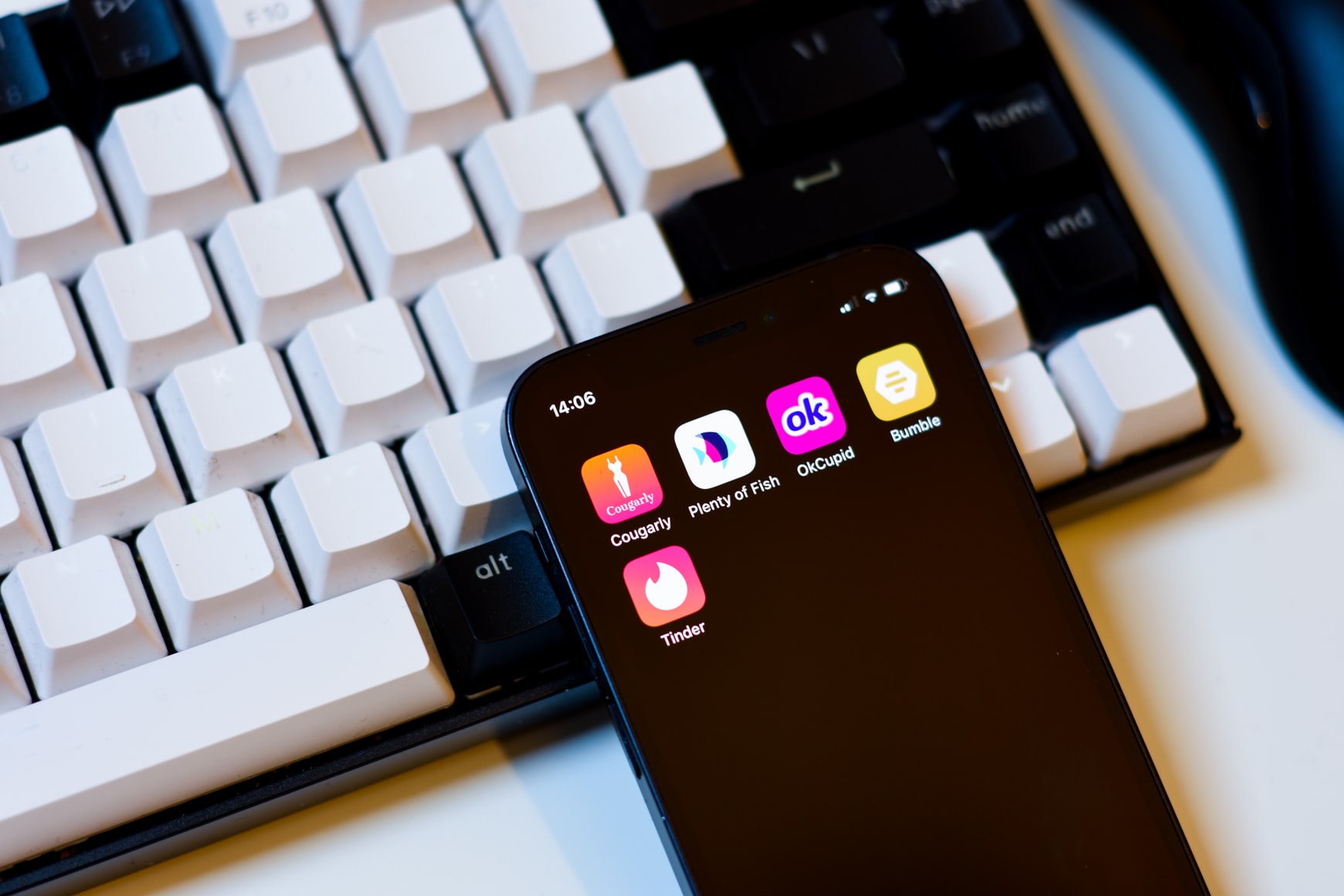
5 ways dating apps are using behavioural science to nudge healthy dating
The world of dating apps is nothing new to our very own Marketing Coordinator, Julia, who’s all too familiar with the various apps available. Alongside her day-to-day role of supporting our clients, developing strategic marketing campaigns, and creating content, here, Julia digs into the dating apps using BeSci to make a healthy difference to dating life.
Writing from experience, using dating apps is a minefield. Amongst the excitement and allure, there is also a world of chaos, bad manners, and even sinister red flags. Us dating hopefuls are just as often dodging shady behaviour as we are making successful connections.
Terms like ‘ghosted’ and ‘catfishing’ have become all too familiar in recent years, and research last year found that abuse, pressing for a date after receiving a ‘no thanks’, and harassment are common place in online love. Bad behaviour is normalised as ‘just a part of the game’ – we don’t like it, but we accept it, because what’s the alternative? The scale of the problem seems too big to battle.
The beginning of the app popularity began with Tinder. And whilst it’s still the number 1 downloaded dating app in the world (reaching 3bn swipes in a single day during the pandemic), the app doesn’t seem to do much to combat these unhealthy habits that have developed around dating apps. Tinder Swindler on Netflix anyone?
But behavioural science is offering some light in the doom and gloom. Here, we’re celebrating the apps that help us to be our best selves whilst looking for love, and steer us in the right direction of those genuine connections. No app can be perfect, but here are our top 5 favourite behavioural science features that dating apps use to promote healthy dating behaviour:
‘Your Turn’, Hinge – According to Hinge, ghosting is the number one problem with modern dating. If users haven’t responded for a while, the app will nudge you towards responding by saying ‘your turn’, gently reminding people to continue the conversation, or close it down with respect – it’s just good manners, after all. Whilst it can’t prolong a connection that just isn’t there, it’s hopefully a prompt to remember to treat people with honesty and kindness.
‘Most Compatible’, Hinge – By using an algorithm that matches the Nobel Prize-winning Gale-Shapley algorithm, Hinge will present you with a most compatible potential match each day. This person is chosen based on several factors, including the user's basic background information and the random questions they have answered on their profile. According to Hinge, they’ve seen a lot of couples develop from that – stats pending!
Thursday – this isn’t so much a nice feature as a whole app designed to help us date more healthily. It’s only available on one day of the week; you guessed it – Thursday! Potential matches will only be visible on this day, and you’re encouraged to meet on the same day. If you match with someone but don’t take any action, the whole conversation will be erased, and you’ll have to start again the following week. Those who’ve used dating apps will know how time-consuming and energy-draining it can be, swiping left and right for hours on end each day. The dopamine hit makes it addictive behaviour, but it can quickly take a toll on mental health. Thanks to Thursday, you’re free to focus on other things for the rest of the week.
Personality test, Parship – Unlike most dating apps, this app starts with a comprehensive personality test which categorises users into 36 personality traits with a matching algorithm of 136 rules. The extensive personality test is based on the five-factor model and covers everything from what you look for in a partner to whether you sleep with the window open. According to the app, almost 4 in 10 users find a partner, which in dating app numbers is pretty high.
Women first, Bumble – To remedy the gender imbalance rife on dating apps, women begin the conversations on Bumble. If the woman doesn’t send a message within 24 hours of matching, the match will expire - and if you initiate it and don’t receive a reply within 24 hours, you’ll lose the match again, saying goodbye to timewasters! For same-sex matches, either person can send the first message, so long as it’s within 24 hours. In the minefield that is online love, this feature allows women to lead and feel a little more in control.
So, if you’re a singleton setting out to find love online, it’s nice to know that more and more thought is going into taking the toxicity out of the game to better protect mental health and physical safety. Happy dating!
We’d love to see this list grow. Have you spotted any great features in your dating apps that help singletons to feel safer and find real love? Let us know in the comments or at contact@copyandtv.com
.png)